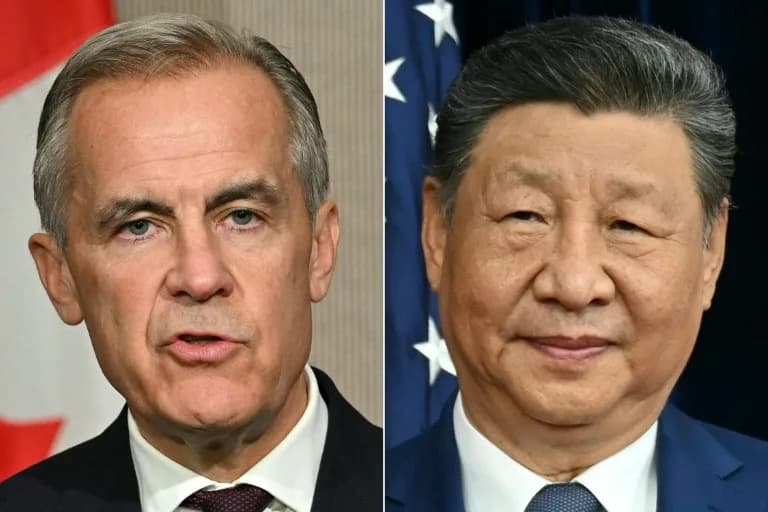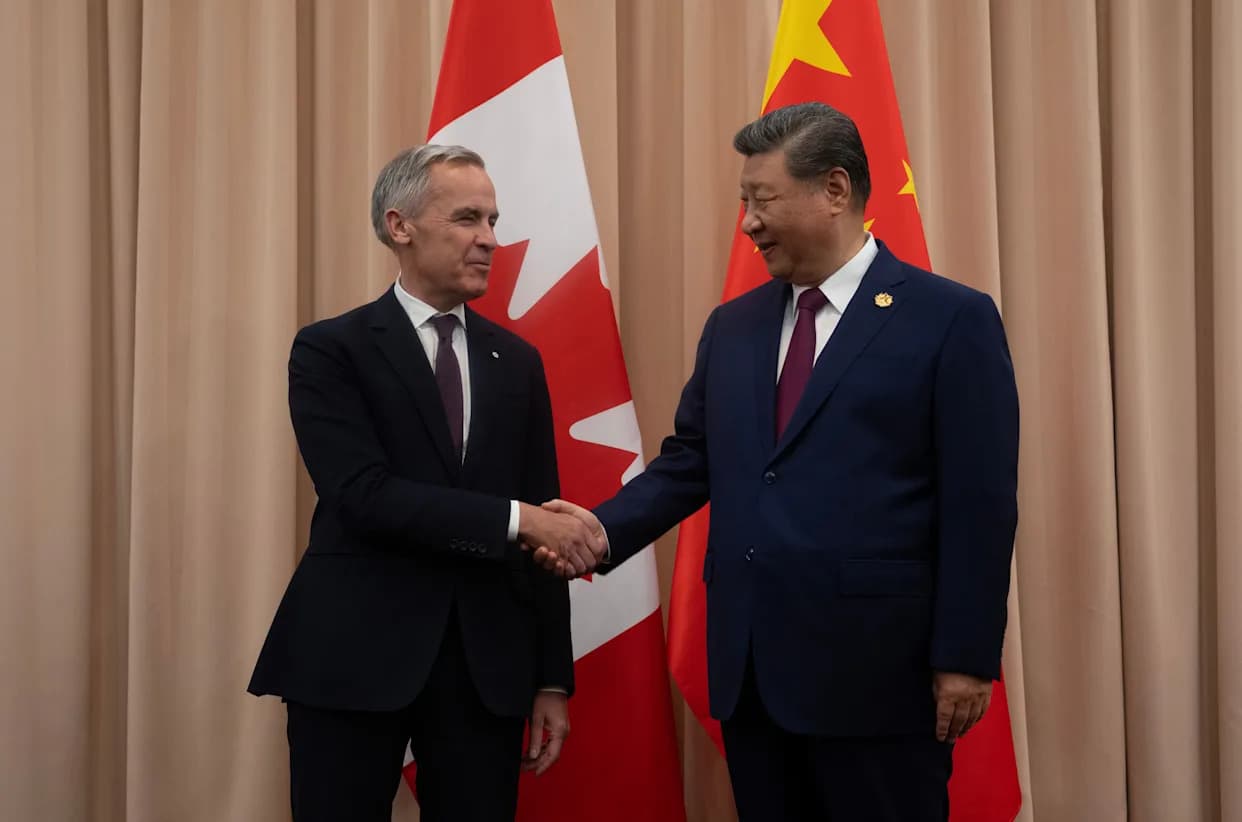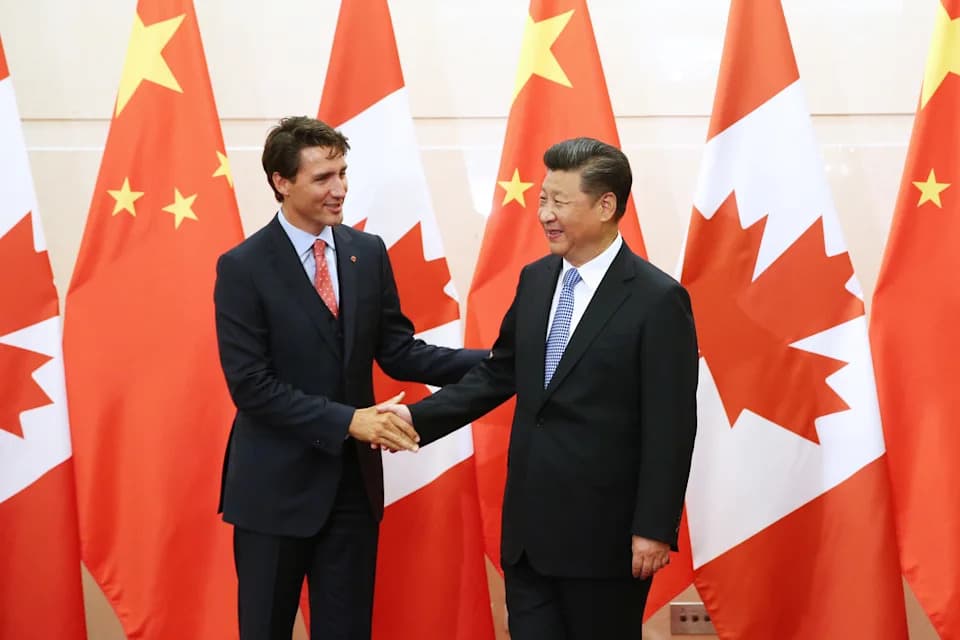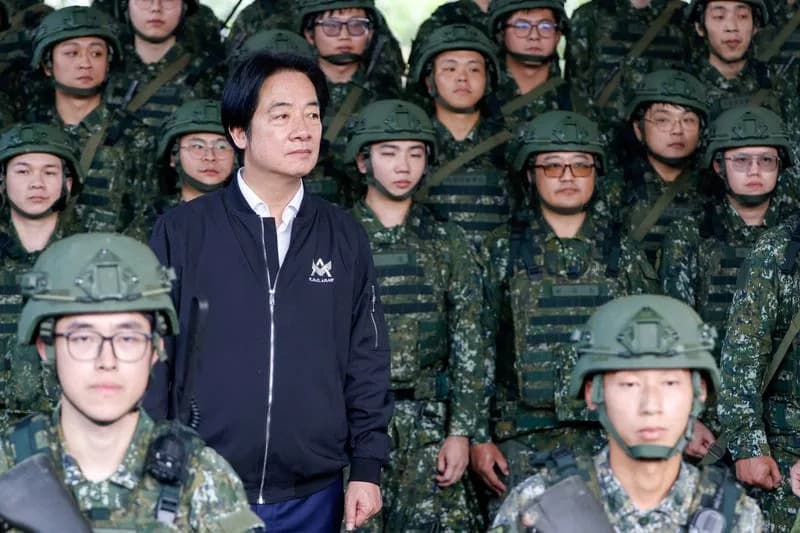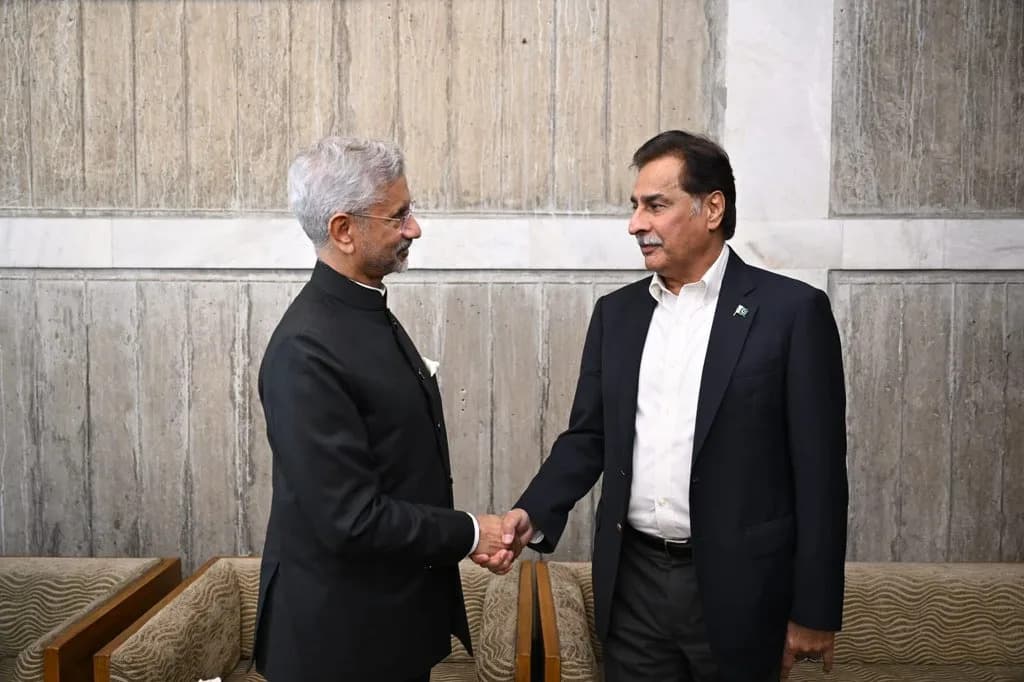Canada’s trade minister, Maninder Sidhu, reported a productive meeting in New Delhi with Indian Commerce Minister Piyush Goyal focused on cooperation in aerospace, AI, critical minerals, energy and agriculture. The talks are among the highest-level trade engagements since bilateral negotiations stalled after the June 2023 killing of Hardeep Singh Nijjar, which prompted a diplomatic rupture. Canada’s leadership has pursued steps to re-establish ties, including agreeing to appoint new high commissioners to restore services. Ottawa is seeking Indian investment in battery supply chains, mining and infrastructure as both countries navigate rising global economic uncertainty.
Canada Seeks to Rebuild Trade Ties with India After Diplomatic Rift

Canada Seeks to Rebuild Trade Ties with India After Diplomatic Rift
Canada is moving to repair economic and diplomatic relations with long-standing trading partner India, International Trade Minister Maninder Sidhu said after a productive meeting in New Delhi with Indian Commerce Minister Piyush Goyal.
“The meeting went really well. We focused on areas of opportunity — aerospace, AI, critical minerals, energy and agriculture — and what more we can do together,” Sidhu said following the talks during a three-day visit to India.
Context: A Diplomatic Break and a Fresh Start
The visit represents one of the highest-level trade engagements between the two countries since bilateral negotiations stalled in 2023 after the killing of Canadian Sikh activist Hardeep Singh Nijjar in British Columbia. At the time, then-prime minister Justin Trudeau said there were “credible links” between agents of the Indian government and the assassination; New Delhi strongly denied the allegation. The dispute prompted reciprocal expulsions of diplomats and a suspension of Indian visa services in Canada.
“Canada has every element needed to build an electric battery,” Sidhu told reporters, urging Indian investment in mining, processing of critical minerals and infrastructure projects that would strengthen North American supply chains.
Leadership Contacts and Next Steps
Since taking office earlier this year, Canada’s leadership under Prime Minister Mark Carney has worked to re-establish ties. Carney met Prime Minister Narendra Modi on the sidelines of the G7 summit in June in Alberta; the two leaders, according to a readout from Carney’s office, “reaffirmed the importance of Canada-India ties, based upon mutual respect, the rule of law, and a commitment to the principle of sovereignty and territorial integrity.” They also agreed to designate new high commissioners to restore regular services for citizens and businesses in both countries.
Thursday’s talks come amid heightened global economic uncertainty, with both Ottawa and New Delhi responding to shifting trade dynamics, including steep tariffs imposed by the United States under President Donald Trump.
Sidhu emphasized practical cooperation: attracting Indian investment to develop critical-minerals extraction and processing facilities, expand energy-sector partnerships and support manufacturing for electric-vehicle battery supply chains. Officials said next steps will include technical working groups and exploratory investment missions to identify concrete projects.
Why it matters: Restoring regular diplomatic channels and boosting trade cooperation could accelerate investment in critical infrastructure and supply chains that are strategically important to both economies — and help stabilize a relationship that has economic and geopolitical significance beyond bilateral commerce.
Help us improve.



